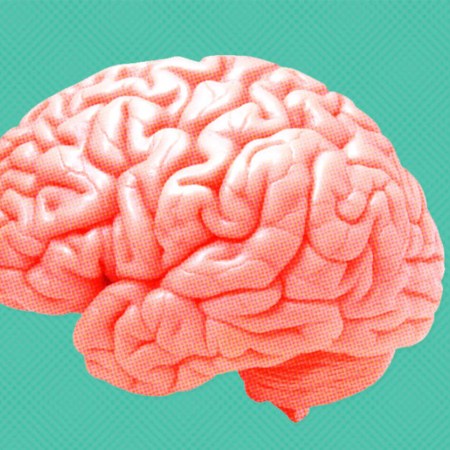People fast for different reasons and in different ways, but plenty have seen results from the practice. (“Fasting is a superpower. And it’s free,” wrote author Jeannette Winterson earlier this year about her own experiences with the practice) That’s the good news; the bad news is that it isn’t always apparent whether fasting is worthwhile for its own sake or simply because it reduces overall caloric intake. Now, however, a group of scientists have gotten closer to understanding precisely what fasting does to the human body — and why that can be beneficial for it.
As Nature‘s Max Kozlov writes, a recently-published study of fasting in mice revealed that that the health benefits of fasting — or, more specifically, the health benefits of breaking a fast. MIT biologist Ömer Yilmaz has looked into the effects of fasting on stem cells and found that, in Kozlov’s words, “these cells begin burning fats rather than carbohydrates as an energy source” during fasting. This in turn helped the body repair damage to the mice’s intestines.
Yilmaz was initially drawn to this research because of the way that it inverts the usual discussion around fasting. “There is so much emphasis on fasting and how long to be fasting that we’ve kind of overlooked this whole other side of the equation: what is going on in the refed state?” he told Nature.
New Study Suggests Fasting Can Help With Type 2 Diabetes
The study showed promising resultsStill, the research also opened some unsettling doors, including revealing that fasting could hasten the development of precancerous cells in mice. This leaves a few more questions unanswered, including whether or not any of these findings are even applicable to humans. Yilmaz told Nature that his next steps include a clinical trial on human patients — which could tell us plenty about the risks and benefits of a temporary pause in eating.
Whether you’re looking to get into shape, or just get out of a funk, The Charge has got you covered. Sign up for our new wellness newsletter today.



















